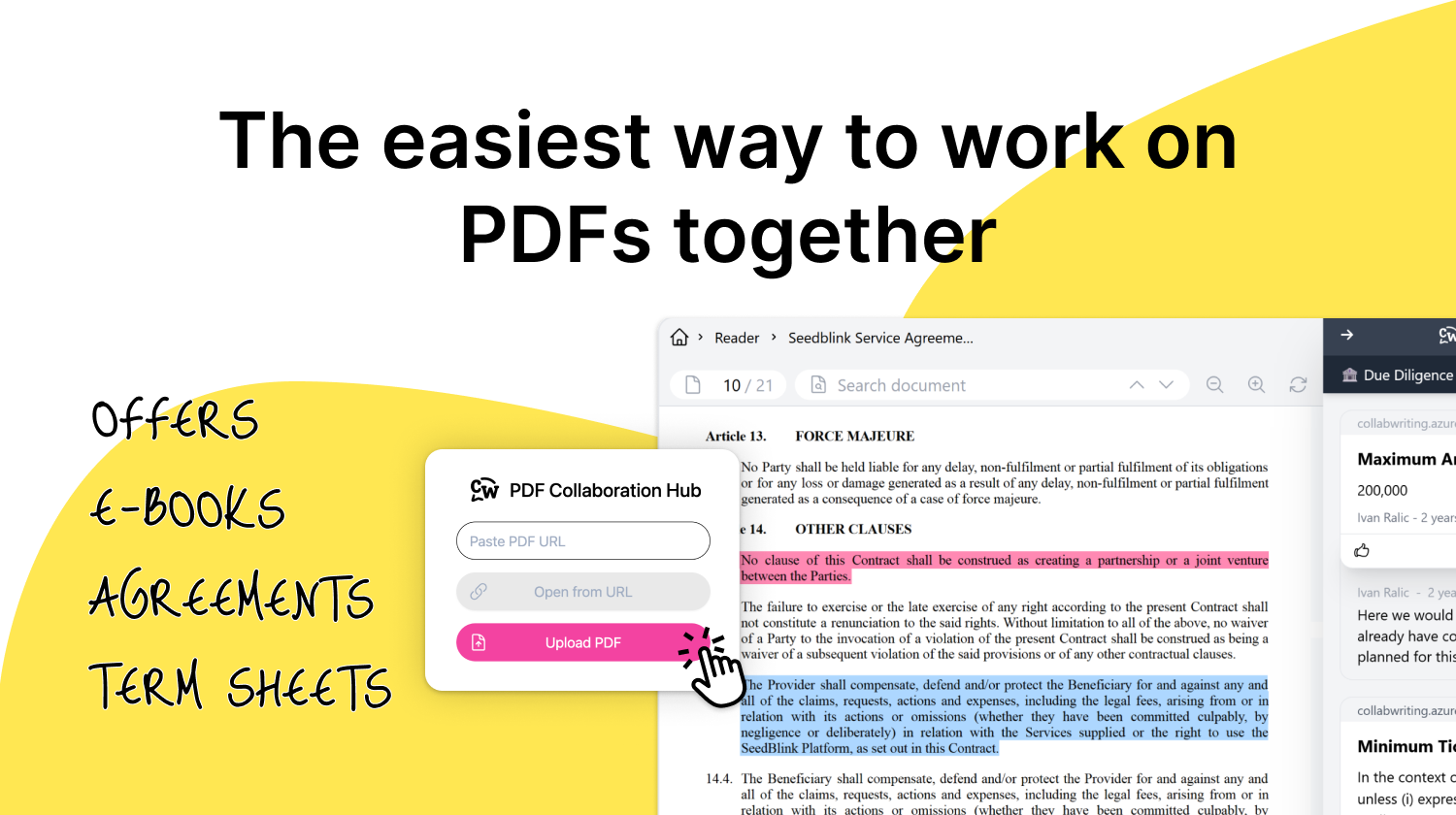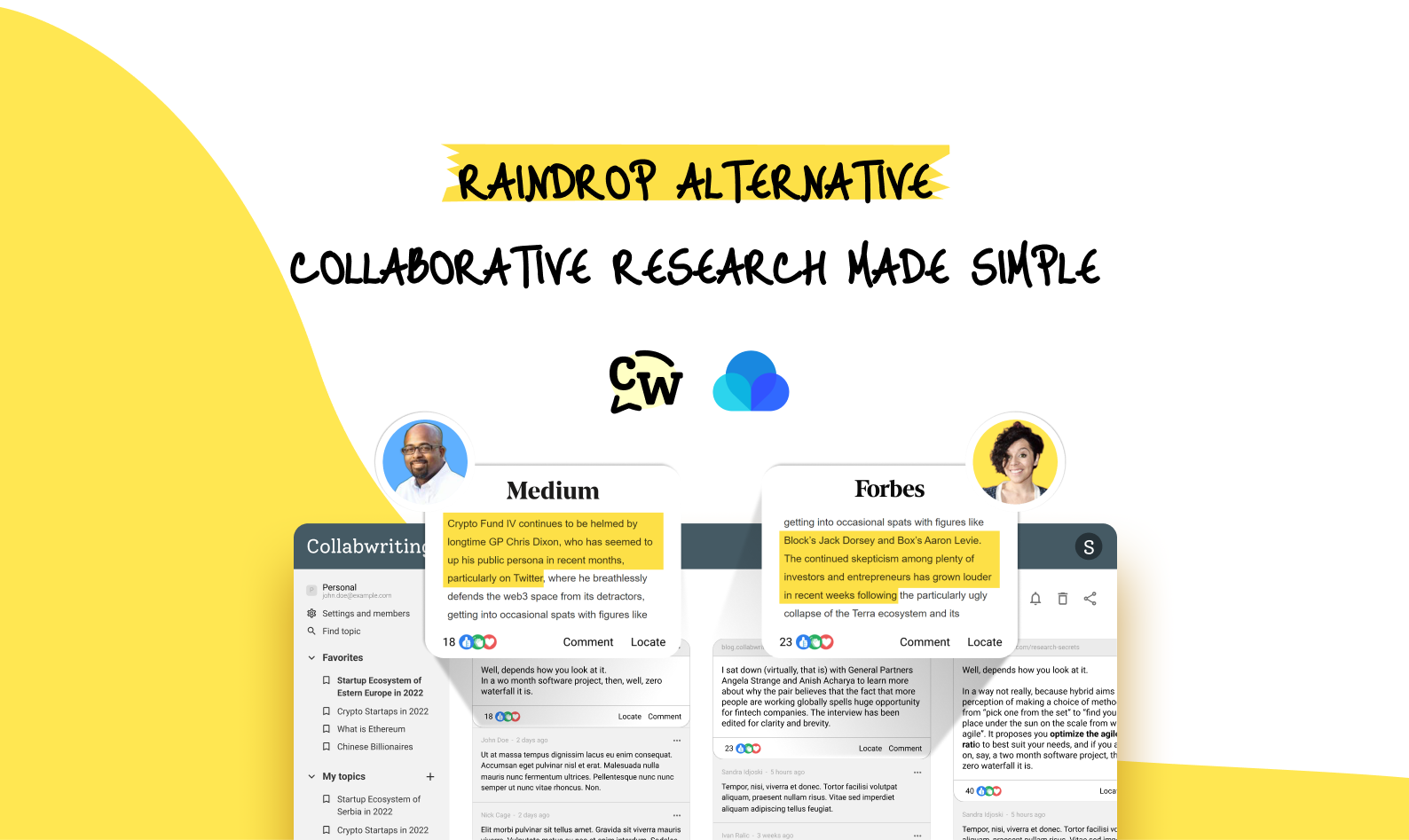I recently came across an interesting quote on LinkedIn:
Share 100% of your knowledge. Not 98%. Not 99%. All of it.
It seems the lessons from childhood, like sharing is caring, are still worth remembering. Our parents and teachers encouraged us to share our toys, knowledge, and other things with friends and classmates.
But as we grow older, we realize that not everyone likes to share knowledge, especially at work.
Why is this wrong, and how can you prevent it, we'll discuss this in this article.
What’s knowledge hoarding?
Knowledge hoarding happens when people keep helpful information to themselves instead of sharing it. Sometimes, individuals gather knowledge just for their own benefit, not realizing how useful it could be to others.
When knowledge is hoarded, productivity suffers, duplicate work increases, and different teams can become misaligned.
On the flip side, a culture of knowledge sharing helps everyone see the bigger picture, collaborate more effectively, and build strong relationships. This not only improves the employee experience but also leads to better customer satisfaction.
So, if sharing knowledge is so beneficial, why do many organizations still struggle with it?
5 reasons why employees hoard knowledge
Some might think it makes them indispensable, while others worry that sharing will make them seem less capable. Some see knowledge as a source of power and control.
Moreover, when there's a lack of trust, rewards, or recognition for sharing knowledge, individuals may find it more challenging to be open. Personal attitudes, a competitive atmosphere, and being overwhelmed with tasks can also make sharing seem like less of a priority.
And, of course, past negative experiences with sharing can leave a lasting impression too.
But let's highlight 5 key reasons.
Personal reasons
Think of it this way: Some employees see knowledge as power. They might keep it to themselves because they feel it gives them an edge.
For instance, they might believe they're more secure in their job if they're the only ones with certain knowledge. Or perhaps they enjoy being known as the expert who can handle specific problems.
Lack of trust
According to the 2014 American Psychological Association’s Work and Well-Being Survey, nearly one in four workers say they don’t trust their employer, and one in three report that their employer is not always honest and truthful with them.
Additionally, a 2023 Slack research reveals that trust is a key driver of workplace productivity.
Remember, when employees don't trust their employer, they're less likely to share their knowledge, which then impacts the company's overall performance.
Competition
Competition can be motivating, but it has its drawbacks, especially in workplaces where competition becomes unhealthy.
When individuals are rewarded for personal successes rather than team efforts, they might be inclined to keep practical knowledge to themselves to maintain their position at the top.

Fear
Some employees hesitate to share their knowledge because of fear. They may worry that their manager will reject their ideas or fear making mistakes and being corrected in front of their team. Others are concerned about being accused of using the wrong methods to achieve their goals.
In any case, they choose to keep their knowledge to themselves to avoid potential negative consequences.
Management structure
A study from the Academy of Management Discoveries found that employees are more likely to share information with someone who's not directly above or below them in the company hierarchy.
For example, a marketing specialist might find it easier to talk about market insights with someone from the research and development team instead of their boss.
This feeling of distance makes them less worried about any negative outcomes and encourages them to share more freely.
Negative outcomes of knowledge hoarding
Employees who hoard information are not helping the business or organization. Knowledge hoarding holds back corporate growth in many ways:
- When teams or individuals hoard knowledge, they create information silos, which slow down efficiency. Employees without necessary knowledge may spend a lot of time searching for it or recreating it which is time-consuming.
- Without a structured knowledge management system in place, you run the risk of losing valuable expertise or explicit knowledge when an employee departs.
- Employees who face difficulties in their work due to knowledge gaps may feel frustrated and choose to quit their jobs.
- It will make it harder for new talent to get up to speed, and new employees may find it challenging to settle into their roles.

Knowledge sharing secrets
Businesses lose a whopping $31.5 billion each year because they don't share knowledge and resources with their employees, as several studies have found. This effect is even more in small teams where each member plays a crucial role.
Ways to prevent knowledge hoarding
Here are some actionable steps you can take to overcome the challenge of knowledge hoarding and foster a culture of sharing in your organization:
Streamline knowledge sharing
Sharing knowledge can sometimes be a hassle. If only one person holds the information, they end up spending time repeating themselves instead of focusing on important tasks. Without a system in place, employees might feel frustrated while trying to find what they need.
To prevent knowledge hoarding, consider creating a centralized knowledge base. Tools like Collabwriting can help you build resources accessible to everyone, making it easy for team members to collaborate and access information from anywhere. This not only makes finding information easier but also helps teams work together more smoothly.
Clarify guidelines
To tackle knowledge hoarding, teach your employees how to share what they know. Introduce a user-friendly knowledge management system and guide them through using it.
Additionally, make sure your guidelines are well-documented to simplify onboarding for new employees.
Lead by example in knowledge sharing
If you want your employees to share knowledge with their team and beyond, lead by example.
By openly sharing your knowledge and experiences, and by admitting mistakes and showing how you've learned from them, you create an environment where your team feels safe to share their own knowledge without fearing any negative consequences.
Foster collaboration
Because not everyone naturally shares knowledge, consider giving your employees an incentive to do so.
For instance, you could host a contest where everyone who contributes to your internal knowledge base by a certain deadline receives a reward. Incentives don't have to be lavish, but they should be appealing to your employees.

Putting an end to knowledge hoarding through a knowledge management platform
Simple acts like giving credit where it's due, rewarding excellence, and making it easy to share knowledge can help prevent employees from hoarding information.
However, lacking the right tools can also hinder knowledge sharing. Alongside changes to management style and workplace culture, consider using effective software.
Start by implementing a reliable knowledge-sharing tool since it's the first step towards a healthy and collaborative environment.
FAQ
What is knowledge hoarding?
Knowledge hoarding happens when someone keeps useful information to themselves instead of sharing it with others. It can also happen when a person collects knowledge but doesn’t consider that others might find it helpful too.
Why do employees hoard knowledge?
Employees might hoard knowledge due to personal reasons like feeling more secure in their job, a lack of trust in the organization, fear of negative consequences, or a competitive workplace culture.
How does knowledge hoarding affect an organization?
Knowledge hoarding can create information silos, slow down efficiency, increase frustration among employees, and hinder the onboarding process for new hires.
What can organizations do to prevent knowledge hoarding?
Organizations can prevent knowledge hoarding by creating a centralized knowledge base, clarifying guidelines for sharing information, leading by example, fostering collaboration, and using effective knowledge-sharing tools.
How can a knowledge management platform help?
A knowledge management platform streamlines information sharing, making it easily accessible to all employees and promoting a culture of collaboration and transparency.





![The Best Tool for Collaborative Research in Content Marketing Teams [2026]](/content/images/2025/12/image--5-.png)

![5 Tools Marketers Use to Organize Research - Compared [2026]](/content/images/2025/11/cover-4-1.png)

![Build Credibility in Research: Smart Way to Verify Information and Track Sources Easily [2025]](/content/images/2025/10/covers-for-blog--7--1.png)

![How Marketers Can Turn LinkedIn Content into Collaborative Research [2025]](/content/images/2025/10/covers-for-blog--8-.png)
![Best Readwise Alternative for Personal & Team Research [2026]](/content/images/2025/09/Frame-814--3-.png)

